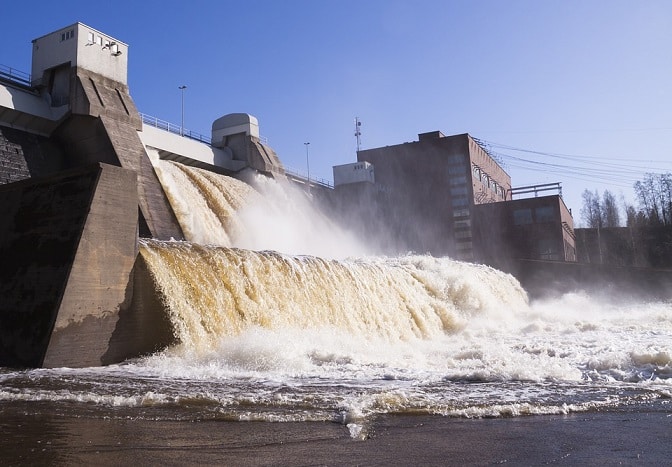The dam levels in Cape Town have decreased by 1.9% in one week as reported on the 4th of January 2021. The dam levels have steadily declined over the past few months but have rapidly decreased in the past week, leaving the dam levels at 90.7%.
Although the dam levels remain higher than previous years during the start of January, a decrease of 1.9% in just one week at the beginning of the hottest months of the year keeps the City of Cape Town and its residents on high alert. Slightly over a month ago, on the 30th of November, dam levels stood at 98.1%, which means that in just five weeks, dam levels have decreased by 7. 4%. Nevertheless, compared to January 2020, the dams are still doing better as they only stood at 75% at the time.
The municipality of Cape Town lifted its water restrictions in November 2020, yet permanent regulations are still in place.
Permanent Water Restrictions in Cape Town Remains
- Gardens may only be watered with municipal drinking water before 9 am and after 6 pm.
- Outdoor taps must be secured at all times, excluding those on residential properties.
- Hosing of paved and hard-surfaced areas with municipal drinking water isn’t allowed.
- Hosepipes used for watering gardens or washing vehicles require a nozzle or an automatic self-closing device.
- Swimming pools require a pool cover should it not be in use by residents.
- Automatic top-up systems used for pools and ponds using municipal water are not allowed.
The City of Cape Town expects continuously decreased dam levels in the next few weeks, particularly I the month of February, which is the driest and hottest month in South Africa before the winter rains commence between March and August.






